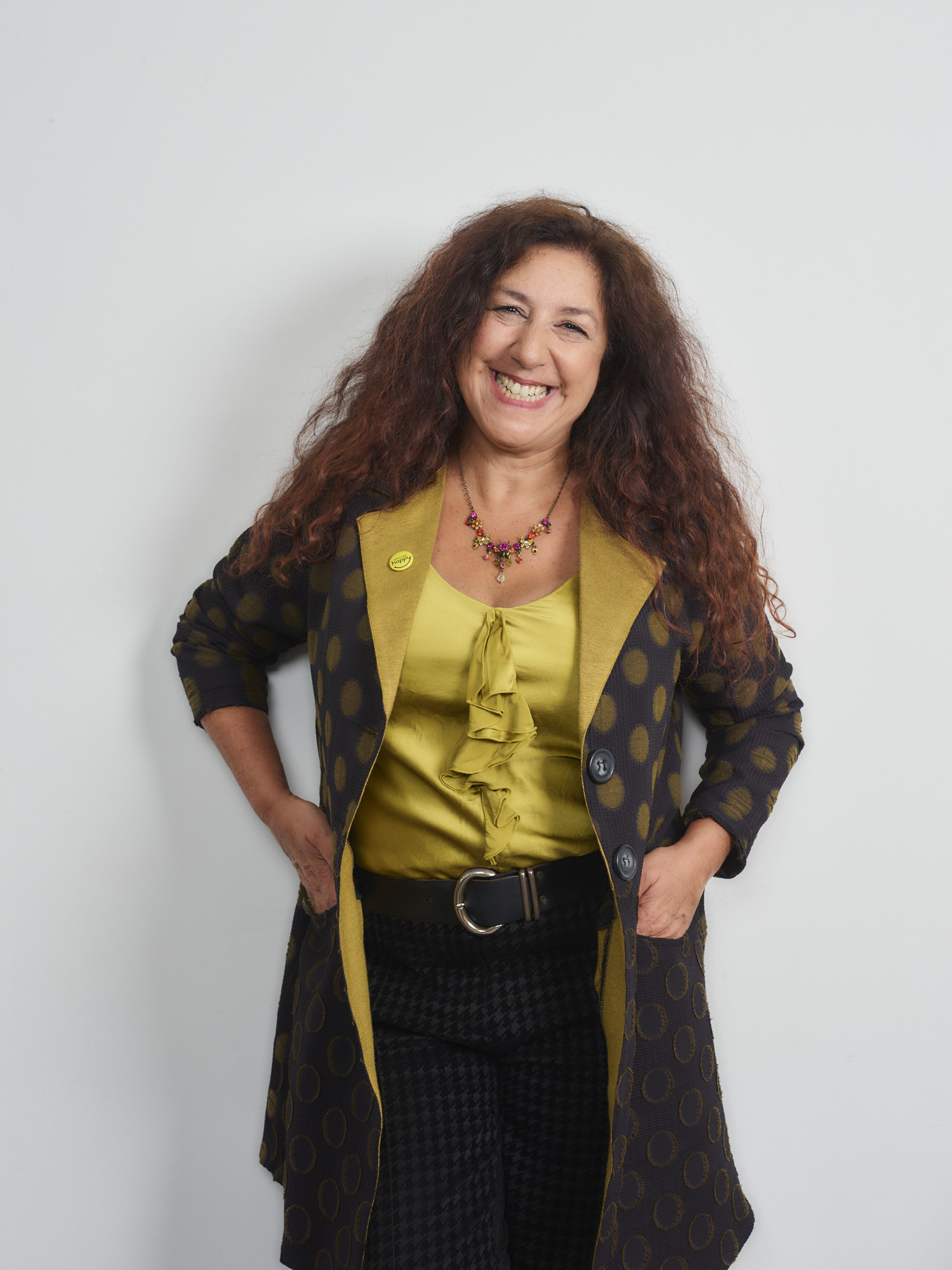
Article by Hephzibah Kaplan, Art Psychotherapist
The idea of a cheerful person coming in to buoy up staff morale on a murky Monday morning may seem rather anathema to the focussed workplace but the collective benefits far outweigh this seemingly bizarre cultural shift and increasing trend. Perhaps less clown-in-residence and more ‘your-well-being-is-important-to-me’ may convince you that a healthy workplace engenders improved communication, closer team liaison and increased productivity.
The University of Warwick’s ground-breaking study proved that happier employees are 12% more productive. According to a report from St. Edward’s University, “An Australian industry-wide study of 2,500 employees found that 81% believe a fun working environment would make them more productive; 93% said that laughing on the job helps to reduce work-related stress. A further 55% said they would take less pay to have more fun at work.’” It is expected that research will show that sickness absence rates drop when employees actually enjoy their work.
Amazon, Google, AirBnB, Timpsons, SAP and more have allocated someone, usually from the HR department to be the CHO and have even sent them to specific CHO training courses. Another approach is to bring in laughter gurus and comedy coaches. The increased awareness and responsibility to tackle mental health issues at work has pivoted from stress-reduction to happiness-maintenance and development.
It may seem strange to employ a CHO as surely we are all responsible to some degree for the happiness factor at work? We can all be part of this cultural shift – where permission is given to raise happiness levels. Working mothers tend not to be superwomen. Often we are stressed out, sleep-deprived ratbags, even escaping the kids in order to feel somewhat sane. Can we just admit it? However instead of being self-deprecating, putting oneself down and in repetition this leads to lower self-esteem, we can instead use humour to forge a collective happier vibe. We can lampoon the parts of ourselves that are over-committed and juggling with too many balls. If you can find a fun nickname for this subpersonality or subself, you can usually lessen its influence over you. ‘Today I am being a GRIM EXECUTIVE’ or ‘As the CREATIVE DICKTATOR I would like you to….’ Or ‘How was your journey into work today?’ ‘Urgh, the usual, I am a DEDICATED COMMUTER and COFFEE ADDICT’. We can each make fun of the parts of ourselves that may be bringing us down while the healthy self retains overall control.
In order to cultivate a lighter touch at work, we recommend some ground rules which we use in our work as Provocative Therapists. Firstly, one should always seek permission to tease someone. It may be as simple as saying ‘I don’t want to offend you but a funny thought just occurred to me, can I say it….?’ Or perhaps on Casual Fridays, everyone has permission to be more jocular – as long as the work gets done. The Golden Rule in using this approach is to only jest ‘with a twinkle in the eye and affection in the heart.’ Without this proviso of using humour consciously to nudge people to a better frame of mind, there is danger of ganging up, rather than showing goodwill which is why these two rules are all-important.
If the introduction of CHOs is to bring increased awareness to the importance of a happy environment then we may be halfway there. It also occurred to me that the cynical types may want to volunteer themselves as CMOs – Chief Misery Officers – and just by saying that we are reintroducing the lexicon of emotions back into the workplace. When women originally entered the corporate world they sought equality and that often meant hiding their feelings and not mentioning their biological circumstances that may be affecting their moods. The introduction of CHOs encourage an opportunity for a revamped approach to human capital management. As Timothy Leary said ‘Women who seek to be equal with men lack ambition.’
 About the author
About the authorHephzibah Kaplan is the co-author of Almost Happy: Pushing Your Buttons With Reverse Psychology with Dr. Brian Kaplan, out now, priced £16.00.
